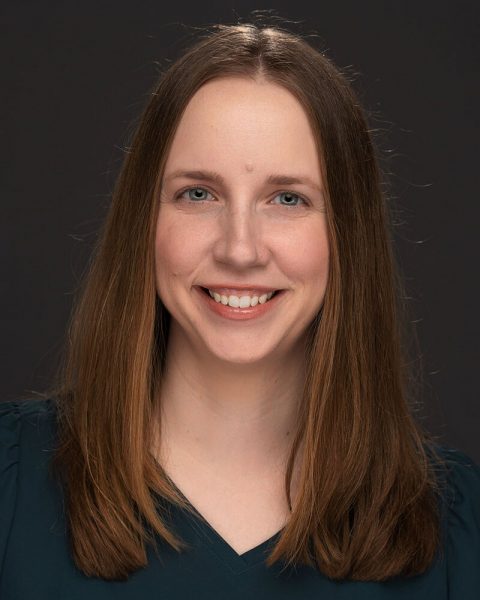By Jenna Somers
“If you think you understand quantum mechanics, you don’t understand quantum mechanics.” This quote, most often attributed to Nobel laureate in physics Richard Feynman, reflects the immense difficulty, even among physicists, of grasping quantum science concepts. But researchers at the University of Central Florida, University of Texas at Dallas, and Vanderbilt University are tackling the challenge of making these concepts more accessible through a new educational tool that uses virtual reality and machine learning to identify and address misconceptions in quantum information science (QIS).
A novel science and technology field, QIS combines physics, computer science, mathematics, and engineering to apply quantum physics to information technology. Given the potential for QIS to dramatically transform information gathering, processing, and dissemination—and therefore, lead to improvements in security and computational speed—a well-trained QIS workforce is necessary to advance information technology and strengthen national competitiveness in the field.
In response to this need, the National Science Foundation awarded a three-year, $927,203 grant to Ryan McMahan, associate professor of computer science at the University of Central Florida; Michael Kolodrubetz, assistant professor of physics at the University of Texas at Dallas; and Kelley Durkin, research assistant professor of teaching and learning at Vanderbilt Peabody College of education and human development. Together, they are harnessing QubitVR, a virtual reality application developed at UCF, to teach quantum computing to college students and resolve common misconceptions that often lead to students abandoning the field.
“In the near future, quantum computing is likely to advance key computer science areas like cybersecurity, machine learning, and artificial intelligence,” McMahan said. “These advancements will have broad impacts for ordinary people in their everyday lives, such as fewer identity and information thefts, more-personalized computing experiences, and better artificial intelligence agents, such as Alexa and Siri.”
Knowing that significant technological advancement depends on quality training for the future QIS workforce, the researchers have begun the first step of the project, to understand how this future workforce thinks about the concepts behind QIS. Durkin is a learning scientist with expertise in STEM teaching practices and children’s misconceptions in mathematics. Since the project started in August, she has been leading efforts—in collaboration with Kolodrubetz and McMahan—to design an assessment evaluating students’ understandings of introductory QIS concepts and their misconceptions.

“This is a relatively new field, so there aren’t many assessments to help us understand what people know and don’t know about quantum information science and what the most confusing concepts are,” Durkin said. “Once we’ve established validity and reliability for the assessment, in consultation with a network of physicists, we’re hopeful that it could be used in classrooms across the country, including in high schools, to help educators get a better sense of students’ knowledge and areas for additional instruction.”
Kolodrubetz often witnesses his students struggle with fundamental, yet complex, quantum physics concepts and recognizes the critical need to help students and experienced physicists visualize these concepts in practice.
“One of the main challenges in quantum physics is that we don’t have any day-to-day experience with it. Most of what we think to be true based on our life in the classical world—for example, particles only existing at a certain location at a given time or looking at objects doesn’t change their behavior, etc. – turns out to be false in the world of quantum physics. Even visualizing these non-classical effects using classical representations of the world—like pictures of the electron’s location in the atom—are challenging. So, while physicists know how to manipulate the rules of quantum physics mathematically, even we often have trouble picturing the way the quantum world works,” Kolodrubetz said.
Initially, the team will distribute the assessment to a representative country-wide general population, which will include college and non-college students, and then it will be given to novice QIS students at UCF and UTD. Data collected from the assessment will inform two machine learning versions of QubitVR: one that proactively addresses common misconceptions and another that reacts to the user’s mistakes in the VR environment to correct their misconceptions. Led by Durkin, the Vanderbilt team will code misconceptions as students interact with and make mistakes in the VR environment, which will further enhance the machine learning algorithms. The team also plans to evaluate which version of QubitVR better teaches and reteaches QIS concepts.
To make the training environment accessible to users without VR equipment, the team will also develop desktop and smartphone versions, which, along with the assessment, could be widely distributed to undergraduate institutions and high schools.
